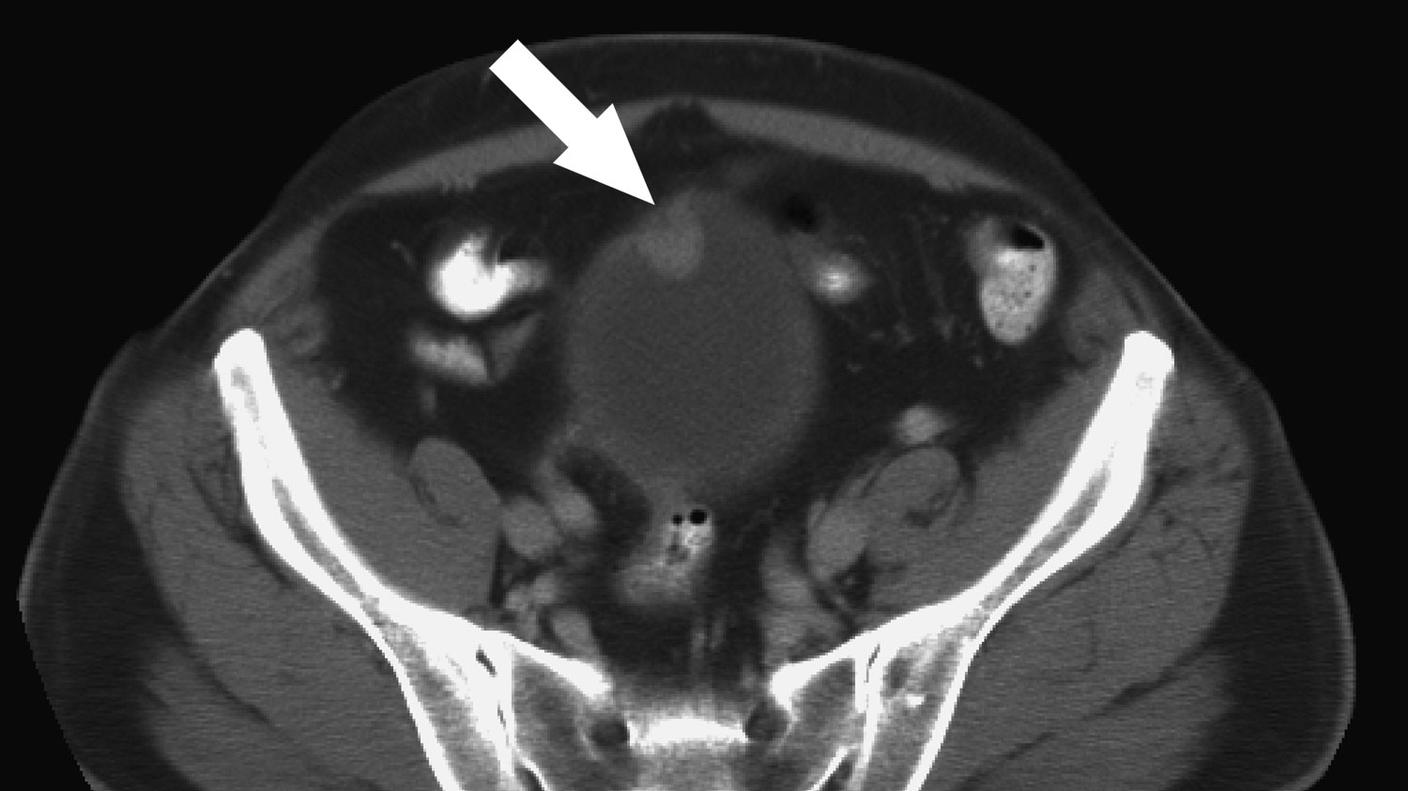
Stella Koutros, Ph.D., M.P.H.
NCI Shady Grove | Room 6E616
Biography
Dr. Koutros received her M.P.H. and Ph.D. in epidemiology from Yale University, New Haven, Connecticut. She completed her doctoral work through the Yale-NCI partnership training program in cancer epidemiology, conducting research in the Occupational and Environmental Epidemiology Branch (OEEB). In 2008, upon completion of her doctorate, she became a fellow in OEEB; she was appointed to the position of tenure-track investigator in 2015. She was awarded scientific tenure by the NIH in 2025.
Research Interests
Dr. Koutros’s research involves the design and conduct of epidemiologic investigations to evaluate occupational exposures as risk factors for cancer. She employs state-of-the-art exposure assessment methods and molecular studies within highly exposed populations to identify the etiology and clarify the biological mechanisms underlying chemical-induced carcinogenesis. Areas of interest include exposures occurring in the workplace and those contributing to the etiology of bladder cancer.
Occupation and Industry-based Exposures
Dr. Koutros leads several efforts in large occupation and industry-based cohort studies studying the impact of high levels of exposure to several important chemicals that have large public health and regulatory concerns. Specific areas of interest include:
- Pesticide exposures as risk factors for cancer. Areas of focus include exposure to specific organophosphate insecticides and risk for aggressive prostate cancer and bladder cancer as well as the interaction between agricultural pesticide use and genetic susceptibility on cancer risk.
- Acrylonitrile and cancer mortality. Areas of focus include suggested elevated risks for cancers of the lung and bladder among acrylonitrile-exposed workers.
- Diesel exhaust and cancer mortality in a cohort of workers exposed to diesel exhaust at eight U.S. non-metal mining facilities.
Bladder Cancer
Occupational exposures are a leading risk factor for bladder cancer, second only to smoking. Dr. Koutros is currently leading efforts within large case-control studies of bladder cancer to identify important occupational exposures that might influence risk. Dr. Koutros and her collaborators are examining potential gene-environment interactions as well as incorporating important somatic variation and bladder tumor marker data to integrate exposure, germline genetic variation, and somatic changes to gain insights into the etiology of bladder carcinogenesis.
Information for Journalists
To request an interview with a DCEG investigator, please complete this form: Request For Comment | HHS.gov.

